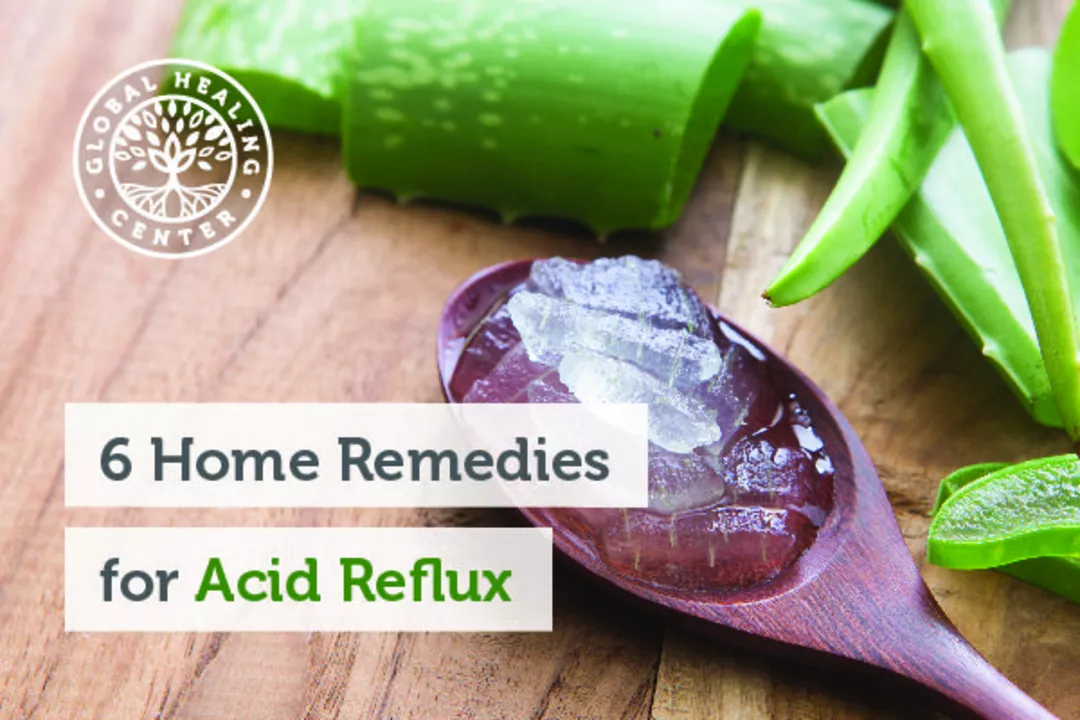Acid Indigestion: What It Feels Like and What Helps
If you get a burning feeling in your chest or a sour taste after meals, that’s usually acid indigestion. It happens when stomach acid backs up into the esophagus or when your stomach gets overloaded. Symptoms include a burning sensation, belching, bloating, nausea, and sometimes a bitter taste in the mouth.
Acid indigestion is common and usually harmless when it’s occasional. Still, repeated episodes deserve attention because they can point to gastroesophageal reflux disease (GERD), an ulcer, or a reaction to medication.
Fast relief you can try now
When the burning starts, try these simple fixes first. Sit upright — gravity helps. Avoid bending or lying down for at least 2–3 hours after a meal. Sip plain water or chew sugar-free gum to boost saliva and wash acid away. A slice of ginger or a cup of ginger tea can calm nausea for some people.
Over-the-counter antacids like calcium carbonate (Tums, Rolaids) neutralize acid quickly and work well for occasional flare-ups. H2 blockers (famotidine/Pepcid) reduce acid production and last longer, while proton pump inhibitors (omeprazole) are stronger but take a few days to reach full effect. Always follow label directions and ask your doctor if you take other medicines or have health issues.
Home remedies like a small amount of baking soda can neutralize acid fast, but don’t use baking soda regularly — it’s high in sodium. Milk may feel soothing briefly, but it can trigger more acid later for some people.
Stop it from coming back
Prevention matters more than one-off fixes. Start by spotting your triggers: big meals, spicy or fatty foods, coffee, alcohol, citrus, chocolate, and smoking all make symptoms worse. Try eating smaller portions, and avoid heavy meals within three hours of bedtime.
Raise the head of your bed by a few inches to keep acid from moving up while you sleep. If you’re overweight, losing even a small amount of weight can cut reflux a lot. Check your medicines — painkillers like ibuprofen, some antibiotics, and certain blood pressure drugs can irritate the stomach or relax the lower esophageal sphincter.
If symptoms happen more than twice a week, last several weeks, or come with trouble swallowing, weight loss, vomiting, or black stools, see a doctor. Chest pain that spreads to your arm, jaw, or comes with shortness of breath or sweating needs emergency care right away — those can be signs of a heart attack.
For frequent indigestion, your doctor may test for H. pylori infection, recommend stronger acid blockers, or suggest lifestyle changes tailored to you. With the right steps, most people get reliable relief and fewer flare-ups. Try simple changes first and get professional help when needed.

Acid Indigestion and the Vegan Diet: What You Need to Know
- Jun, 12 2023
- Daniel Remedios
- 20 Comments
As a vegan, I've found that acid indigestion can still be an issue even with a plant-based diet. It's essential to know which foods might trigger acid indigestion, such as tomatoes, citrus fruits, and spicy dishes. I've also discovered that eating smaller meals and avoiding lying down soon after eating can help prevent acid reflux. Drinking plenty of water and incorporating natural remedies like ginger and chamomile tea can also offer relief. Overall, being mindful of the foods we consume and adopting healthy eating habits can significantly reduce acid indigestion in a vegan diet.
